The top leaders of all the major parties have taken advantage of this legal provision. Atal Bihari Vajpayee contested the 1957 Lok Sabha elections (Bharatiya Jan Sangh candidate) from three seats. After that, in 1962 and 1991, he fought from two places each. In 1971, Biju Patnaik of Odisha contested for four seats, namely three Lok Sabha and one Vidhan Sabha. In Andhra Pradesh in 1980, NT Rama Rao contested from four seats simultaneously. Haryana's Devi Lal contested from three seats in 1989. Indira Gandhi contested the elections from two seats simultaneously in 1977.
On May 3, Rahul Gandhi has filed his nomination papers for the Lok Sabha elections from the Rae Bareli constituency in Uttar Pradesh. While three phases of the Lok Sabha Elections (on April 19, 26 and May 7) have already taken place, there are still four phases to go of voting for the 2024 general Lok Sabha elections. In the second phase, polling was held in Wayanad constituency in Kerala, where also Rahul is a candidate. There are three possible reasons for his dual candidature. One, he is not sure of victory in Wayanad. Two, he prefers Rae Bareli over Wayanad. A third possibility is that the Congress party may feel it necessary for Rahul to contest at Rae Bareli for other political benefits.
The first possibility has been taken for granted by the anti-Congress people, while the supporters or sympathizers of Rahul and Congress are holding on to the second and third possibilities. Prime Minister Narendra Modi has ridiculed Rahul’s decision and has been shouting ‘Daro Mat, Bhago Mat’ to Rahul, mocking Rahul’s own favoured slogan for the last two years - 'Daro Mat'. Narendra Modi himself contested the Lok Sabha elections in 2014 from two constituencies namely Baroda and Allahabad, so he has no right to mock Rahul. Because he had then taken the bold step of contesting the election from Allahabad in Uttar Pradesh, but in case of difficulty, Baroda in Gujarat was kept as a sure seat. On the other hand, Congress supporters have interpreted that since Rae Bareli has been Sonia's (and earlier Indira Gandhi's) traditional constituency, Rahul has an emotional connection with it and it is natural for him to contest from there. To be honest, the argument of the Congress supporters does not make sense, they should have gone with ‘the whole country is his constituency’.
In 2019, Rahul contested from two seats, Amethi and Wayanad, out of which he lost in Amethi and won in Wayanad, so there was no question about which seat to keep. Obviously, now he should have contested from both the same seats. However, one of the reasons why he chose Rae Bareli instead of Amethi is that Sonia Gandhi is no longer contesting elections; But there is another reason that there is no certainty of winning from Amethi. Now, if he wins from both seats, will he prefer Wayanad or Rae Bareli? Neither he nor the Congress has disclosed anything about this yet, it is not politically affordable to say so. And there is no point in saying that when the Lok Sabha results are out on June 4, because within ten days he will have to resign from one seat. Of course, there is a third possibility - defeat in both constituencies, but there is no point in commenting on it at the moment. But since Rahul Gandhi has practically walked through the entire nation North to South and East to West in two 'Bharat Jodo' walks in the last two years, his confidence, moral strength and popularity have grown enormously, and his image is shining brighter. Moreover, he is consistently talking about the constitution. So, it was fair to expect that at least he would not contest for two seats. Even with a possibility of loss, he should have sticked to one. Had he even lost, he could have gone to Rajya Sabha or contest in another Lok Sabha by-election (certainly some people in the Congress will be ready to give up their seats for him) in fact he holds such a position where it doesn’t matter whether he is an MP or not.
People expected him to insist on strengthening the Election Commission and implementing long-pending electoral reforms, to ensure free and fair elections. An important expected amendment is that a candidate should be able to contest for only one seat at a time.
According to the original Representation of People Act, 1951, a candidate could contest from any number of constituencies in elections at the same time. This law was passed before the country held its first general elections in 1952. During the 45 years from 1952 to 1996, in many Lok Sabha and Assembly elections in the country, the top leaders of all the major parties have taken advantage of this provision. Atal Bihari Vajpayee contested the 1957 Lok Sabha elections (Bharatiya Jan Sangh candidate) from three seats. After that, in 1962 and 1991, he fought from two places each. In 1971, Biju Patnaik of Odisha contested for four seats, namely three Lok Sabha and one Vidhan Sabha. In Andhra Pradesh in 1980, NT Rama Rao contested from four seats simultaneously. Haryana's Devi Lal contested from three seats in 1989. Indira Gandhi contested the elections from two seats simultaneously in 1977.
The Act was amended in 1996 to replace 'any number of' with 'not more than two' places. Now the provision is that a candidate can contest a maximum of two seats in Lok Sabha or Vidhan Sabha (or both) at the same time. But if that person is elected in both the places, then they must resign from one of them immediately. LK Advani, Sonia Gandhi, Lalu Prasad Yadav have also contested the Lok Sabha elections from two seats. Now Odisha Legislative Assembly elections are being held along with the Lok Sabha, where Naveen Patnaik is contesting from two assembly constituencies. The list of beneficiaries is long. It would be even longer if we count those contested from multiple constituencies and lost everywhere. But there are also many examples of candidates winning in all constituencies where they contested. In the 2019 Lok Sabha elections, there were 23 candidates who contested from two seats (the number for 2024 will be known by the end of this month).
Naturally, all of them had to resign from one seat and the Election Commission was forced to hold by-elections there. Of course, this happened mainly with the senior leaders of the major parties, many of whom were contenders for the post of Chief Minister or Prime Minister, and the party chieftains deemed it mandatory for that CM / PM contenders to be elected by people directly on the Vidhan Sabha or Lok Sabha. Of course, it served their own purpose, but what about the constituency where the candidates resigned? Elections are enforced there again within six months. In case of Vidhan Sabha, there are usually three to five lakh voters and in case of Lok Sabha, there are 10 to 20 lakh voters. All of them have to face the election again, the local leaders and party workers have to go back to campaigning and the Election Commission has to repeat the whole process. And all this for the convenience of that one person! This is not practical. It’s sheer waste of financial and human resources.
Moreover, candidates turning their backs on the people who elected them is insulting and atrocious for those voters. Many may have even felt a blow to their social standing in the nation. The entire constituency must have felt being used. That means it is not morally correct.
Thirdly, our constitution says 'one person, one vote, one value.' So, if this rule is binding for a citizen who is a voter, then why that extra right for a citizen who is a candidate? It is true that even if a candidate is elected in two places, he can eventually represent only one constituency. But if the same logic were to be carried forward, a voter could also say, 'I would register in two places, I will choose where to vote.'
On the whole, it is not appropriate for the same person to run for two places in the same election in terms of ethics, principles and practicality. But in terms of Section 33(7) of the Representation of the People Act, 1951 it is correct. Section 70 of the same Act states that two constituencies cannot be represented by the same person. Therefore, if Section 33(7) is right, then the logical answer would be that Section 70 should be amended and the person elected should be allowed to represent both places. But then no one will accept this logic anymore. And therefore, the provision allowing contesting in two seats should be repealed. Because if something is wrong in principle, morally, and practically, how can it be right legally? But this Act prevailed from 1951 till 1995, in 1996 was slightly amended. That is, contesting in three, four, five, six places was banned, but it was still allowed to contest in two places. That made a little difference, but the original question remained. In 1996, during the Deve Gowda and Gujral governments, Parliament made this amendment with a simple majority. Ideally, they should have gone for a complete overhaul at that time itself, but that government was running with the vacillating external support of the Congress; Congress would never have allowed it to happen.
Read Also: So far, not so good: The Anti Defection Law by Adv. Prachi Patil
It has been 75 years since the independence of the country, many assembly elections and Lok Sabha elections have been conducted in the country. Governments of various parties came at the center and in the states. It became a law during the Congress party government. That provision in that Act remains. In fact, it should be canceled immediately. Moreover, there is no need to amend the constitution to repeal it, the amendment of that law can be done by simple majority in the parliament. But it is not happening, which clearly means senior leaders of all parties want that provision. All the parties are silent about it, as they know it may come in handy someday for them.
Election Commission suffers the most from this provision. It’s them who have to hold the by-elections. And therefore, the Election Commission has insisted that this amendment should be made in the electoral reform recommendations submitted to the various Central Governments from time to time. Especially during the period from 2004 to 2024. During this period Manmohan government was in power for the first ten years and Modi government for the last ten years; Both governments have equally ignored this recommendation. Manmohan's government had a hodgepodge of a one and a half dozen of parties, most of which would obviously have been opposed to that amendment in the law, as more than half of them were feudal in nature.
But it’s a surprise that Narendra Modi's BJP has not made this amendment despite having a clear majority both times. Not only this, two years ago BJP's own Ashwini Kumar Upadhyay filed a petition in the Supreme Court, demanding that 'that provision in the Representation of the People Act should be declared invalid on the constitutional test'. In this regard, the Supreme Court sought affidavits from the Election Commission and the Central Government. The Election Commission readily provided one and said it was happy to approve the amendment. But the central government kept beating around the bush and deemed the provision necessary and gave the reason: “Wider choice to the polity as well as candidates”. As a result, Chief Justice Chandrachud disposed of the petition by commenting that “Parliament has the right to amend this Act and Parliament should use its discretion”.
P. Sainath has authored a book titled 'Everybody Loves a Good Draught', I am reminded of that here. Every political party wants this provision. This begs for the question, 'Does Everyone Like an Anti-constitutional Law?' This also means that even in our democratic structure, some vestiges of feudalism still remain.
No worries, the progress of democracy is always like this - in slow steps. So, let's hope; A future Prime Minister with more political power, more political will and better vision will either have the law amended in the Parliament or an adventurous Chief Justice will come forward and declare that provision of the law unconstitutional through the Judiciary...!
- Editor
Originally published in Marathi as the editorial in Weekly Sadhana Issue dated 11th May 2024
Translated into English by Rucha Mulay (Assistant Editor – Kartvaya-Sadhana)
kartavyasadhana@gmail.co
Tags: elections elections 2024 lok sabha loksabha elections 2024 constituency dual candidature candidate Load More Tags


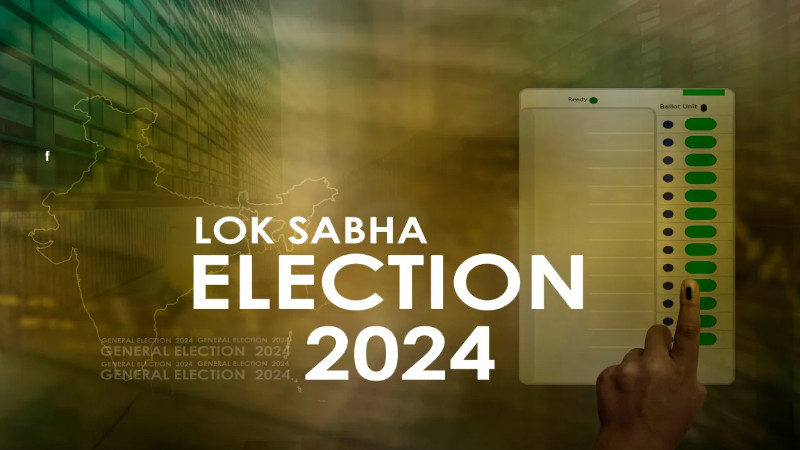
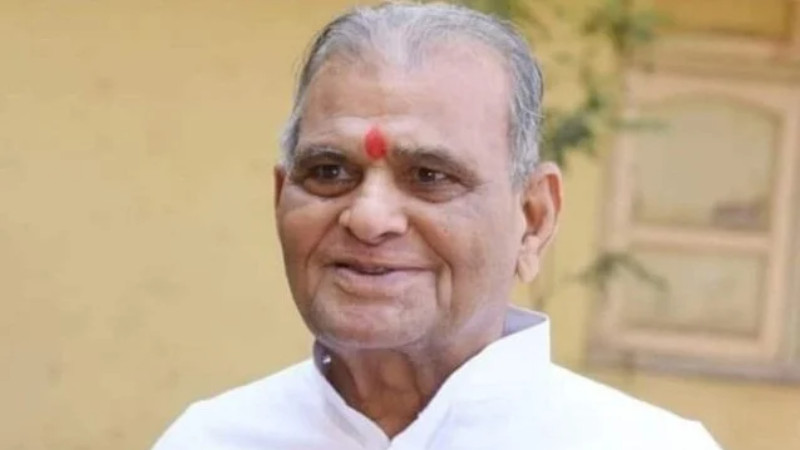
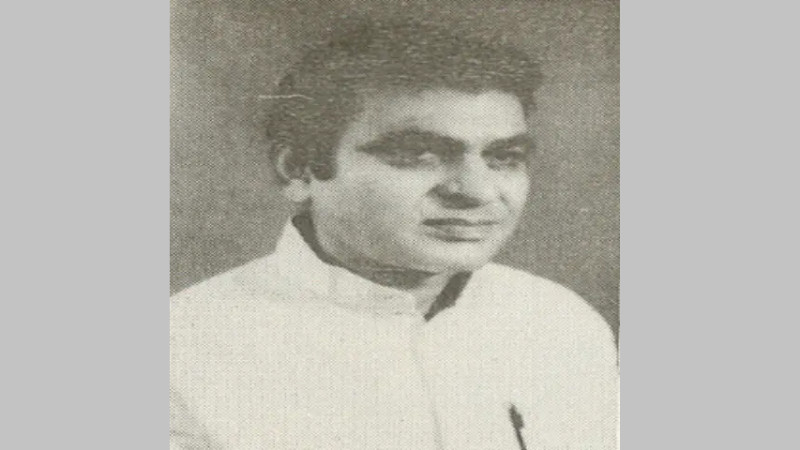
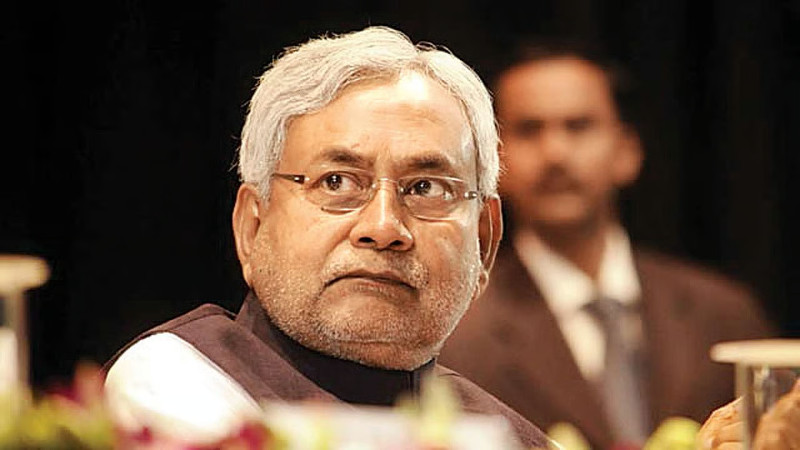
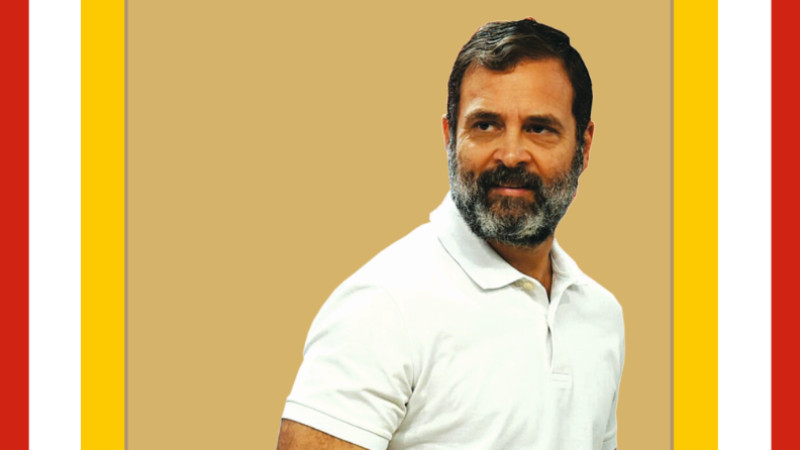


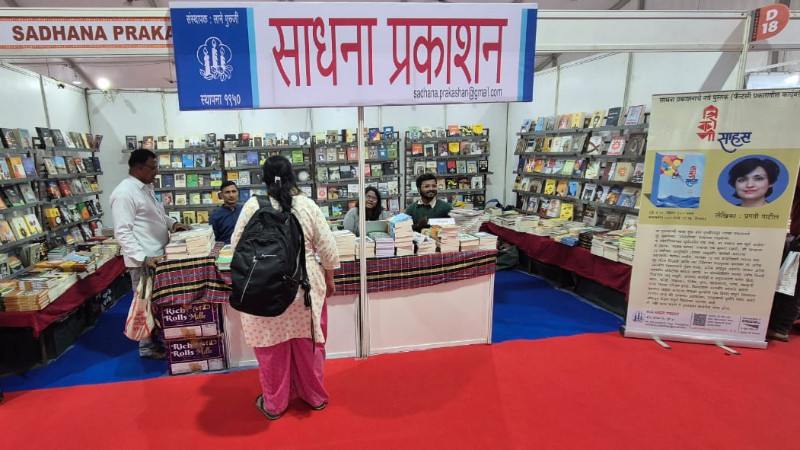
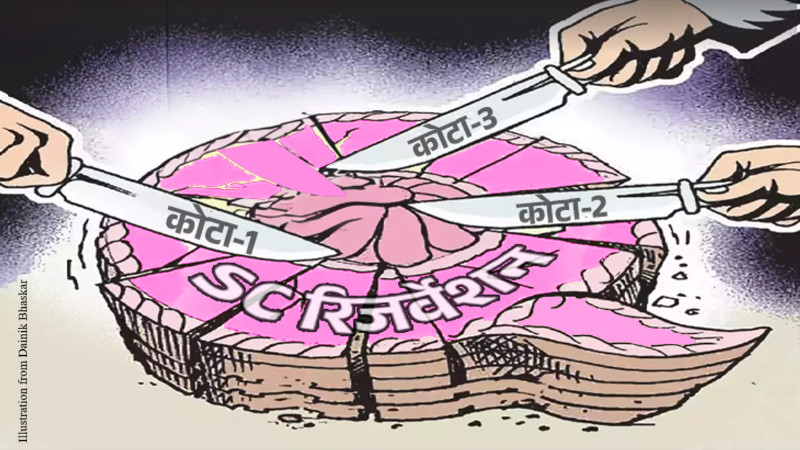
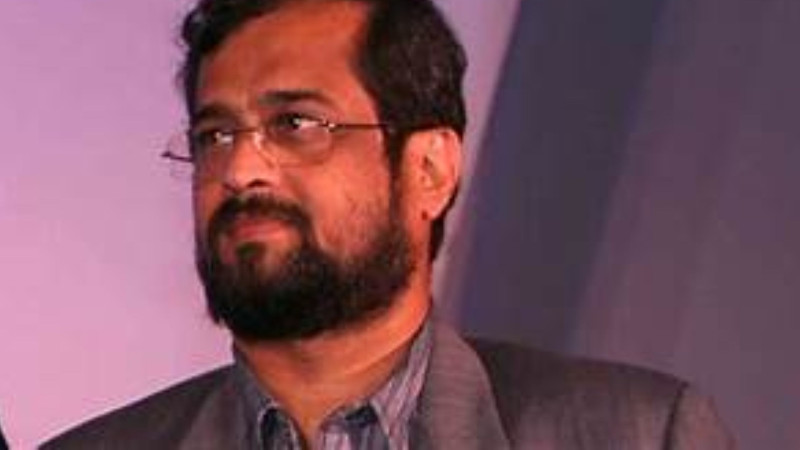
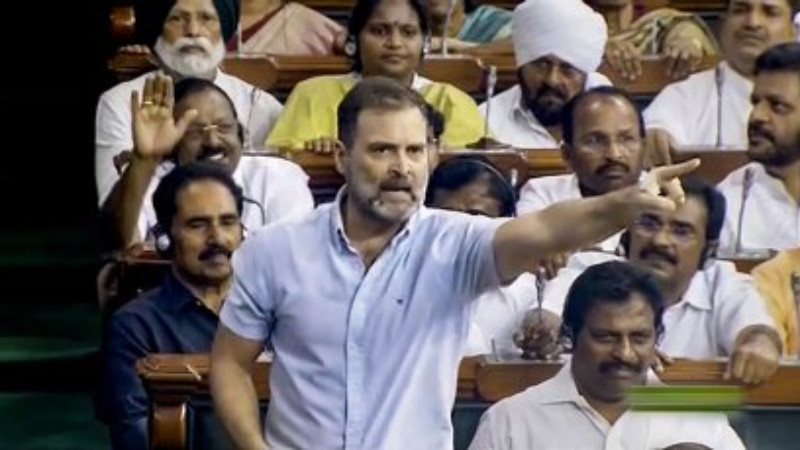
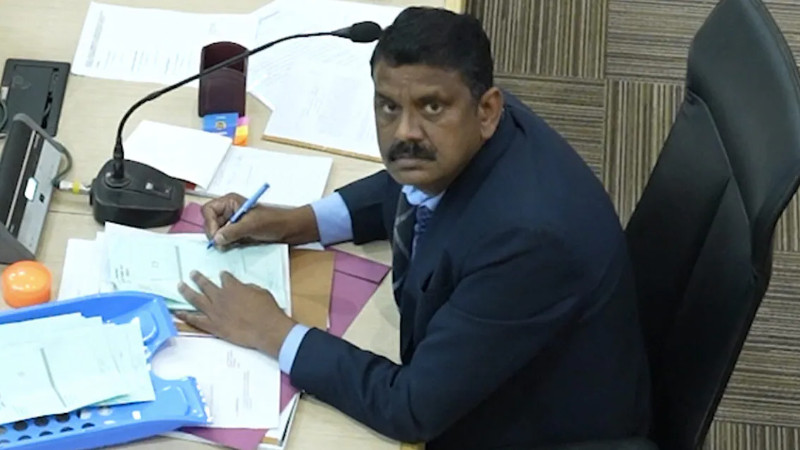
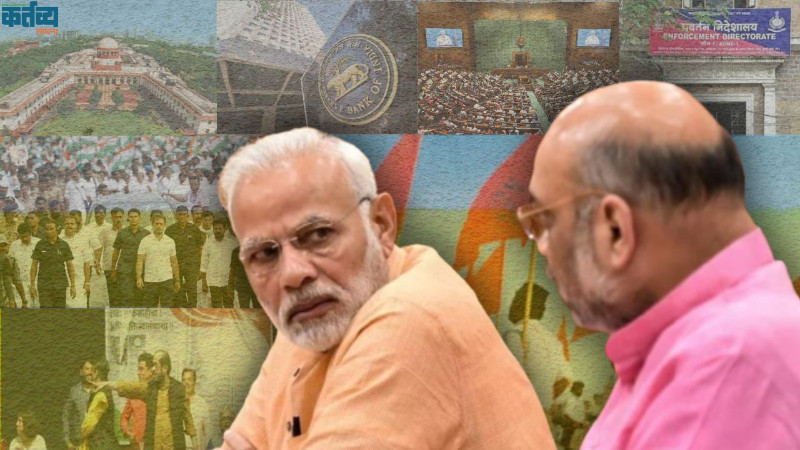
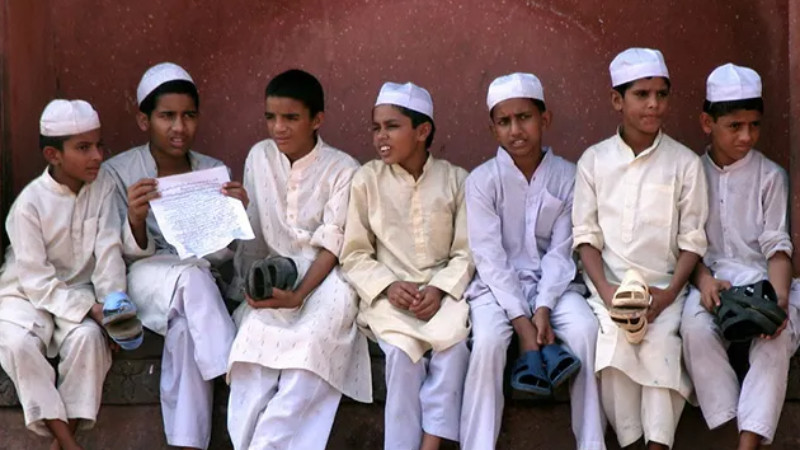
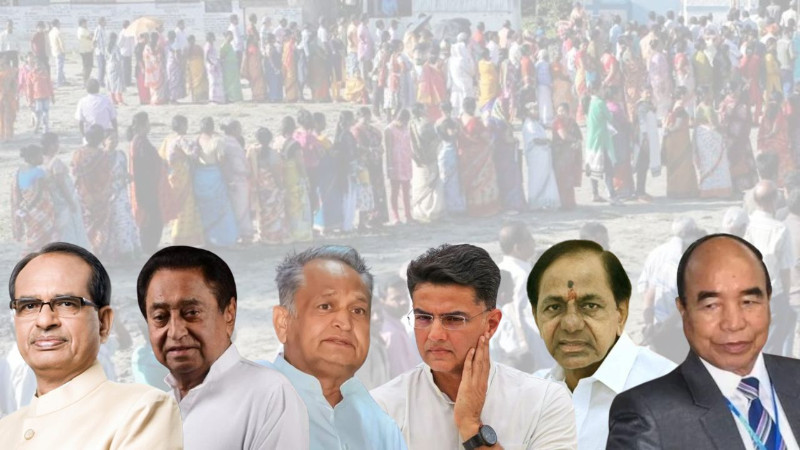
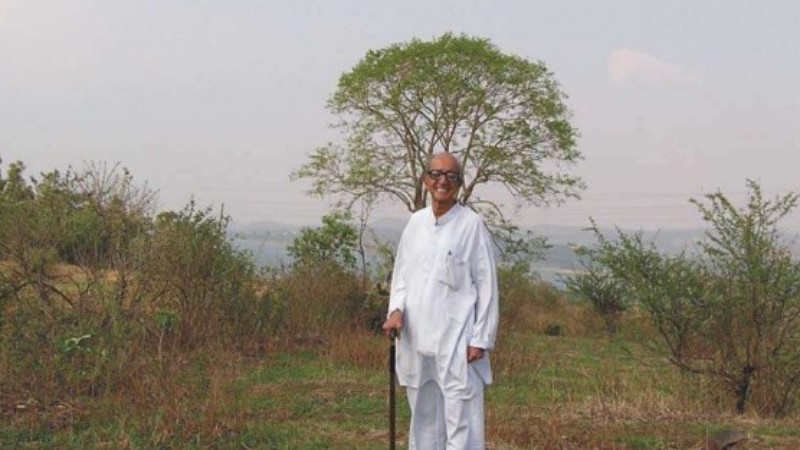
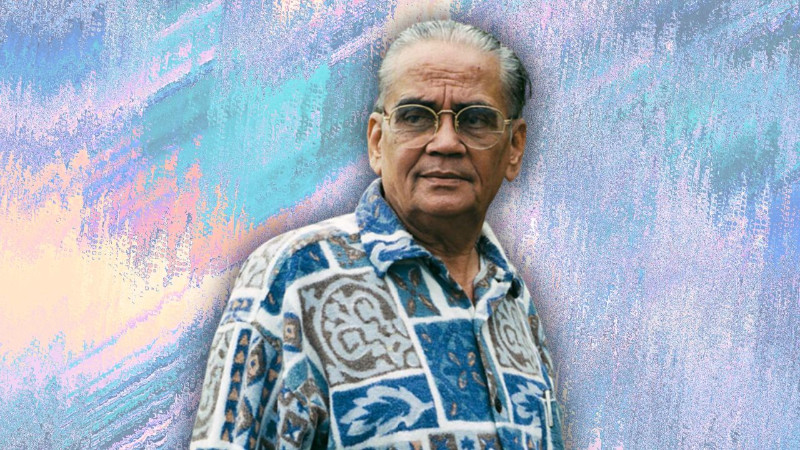
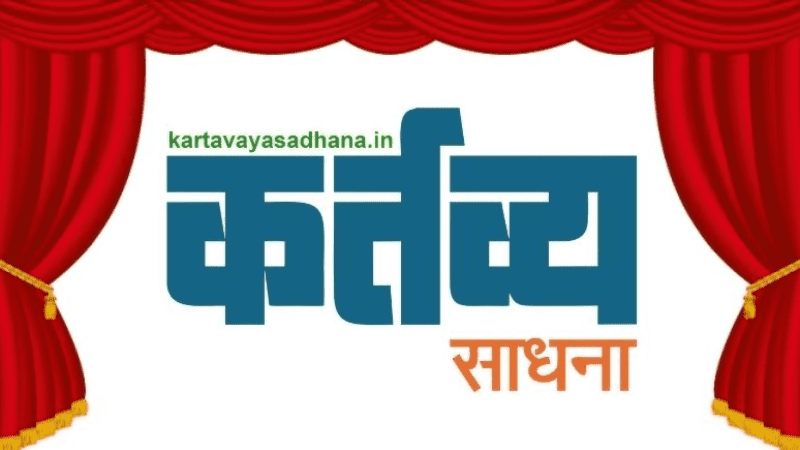
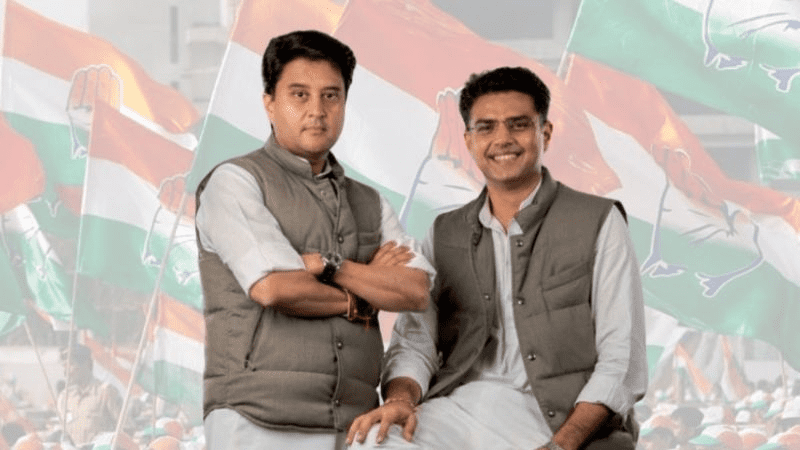
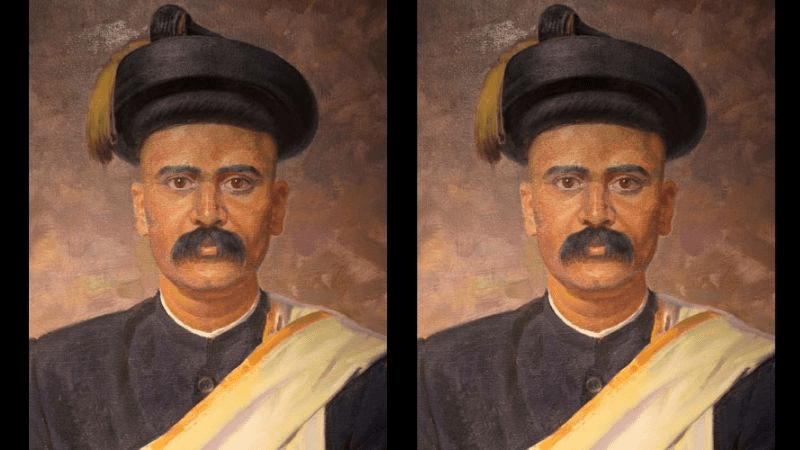

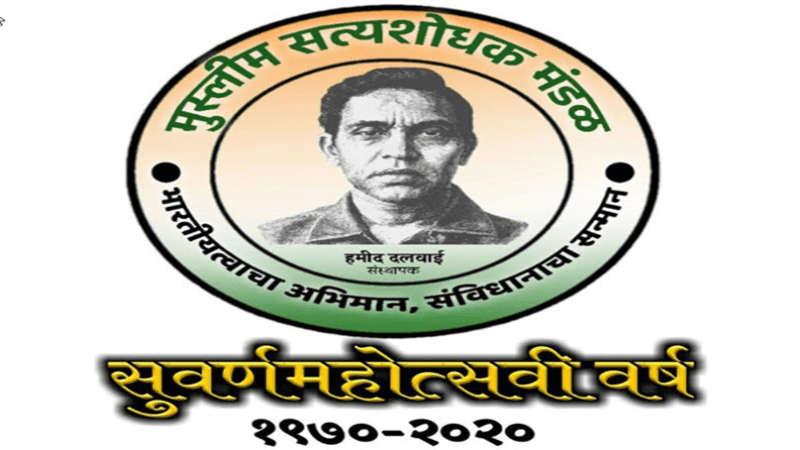

























Add Comment